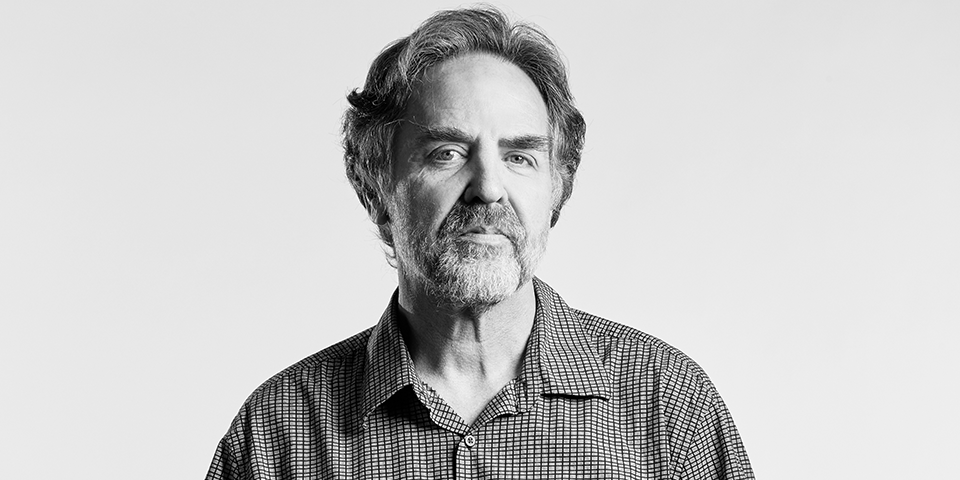From the Artistic Director: The Treasurer
By Tim Sanford, Artistic Director

“Economy” from Greek:
Oikos, Home; Nomos, Law
“L'enfer c'est les autres.”
(“Hell is other people.”)
Satre
“When Thou is spoken, the speaker has no thing for his object. For where there is a thing there is another thing. Every It is bounded by others. But when Thou is spoken, there is no thing. Thou has no bounds.”
I and Thou by Martin Buber
The title of Max Posner’s chimerical, penetrating father/mother drama reminds us that the root of our word “economy” derives from the Greek for “home.” There are three homes mentioned in The Treasurer — there is the home that Ida, the mother, left when her three sons were still teenagers; there is the home Ida’s second husband left her without means to pay for it; and there is the home our protagonist, known only as “The Son,” lives in contentedly until his mother’s progressive dementia brings her back into his life. When her children learn of the mountain of debt she and her husband incurred, they agree that The Son, the youngest of the three, is the only one with the financial temperament and ability to become her financial manager. The ledger of financial debts she has incurred is onerous and almost comical in its variety. But the emotional debt that weighs on him is infinitely heavier.
It is a play of exceptional beauty, wisdom, and originality.
Ida’s financial debts are impossibly out of control. But The Son soon learns they are far easier to contend with than the emotional void of their relationship. Neither of them knows what to say to each other. After such a long absence, what he finds in her is a simulacrum of his memory of her. So he offers unwelcome practical advice about finding her affordable care. And she seems at just as much of a loss as to what to say to him, so she resorts to somewhat pro forma guilt-inducing protestations that a son should take care of his mother — a conversational tack that seems far easier than actually talking to him. On the other hand, when she is on her own, we do see a woman starved for contact, which she finds primarily with vendors who want to sell her something or wrong numbers on the phone. Borrowing from Buber: she seeks I-Thou relationships in I-It transactions. Two actors play all of the characters that fulfill these roles, as well as The Son’s two brothers. Tellingly, the strangers she meets seem more flesh and blood than the two brothers, whom we meet mainly on telephone calls.
The Son tries not to revisit past wounds. He has established economic stability — meaning he has a lovely home, a lovely life, and a lovely wife. He can locate no “Thou” in his mother. He can find only a kind of hell, self-punishment for wrongs that only materialized when she returned to his life. We see her with so many other people; they seem to represent the whole world. We see The Son with her, with himself, and with the voices of his brothers. He takes us on a journey into himself; in a way it is a journey to a kind of hell, but I don’t want to mislead you. There is a plangent lyricism to his self-reflections and a quiet, intense metaphysical longing guides him to his destination.
There is a reason these amazing actors and this peerless director have been so committed to this play for so long. It is a play of exceptional beauty, wisdom, and originality. I am so proud to present it to you.


